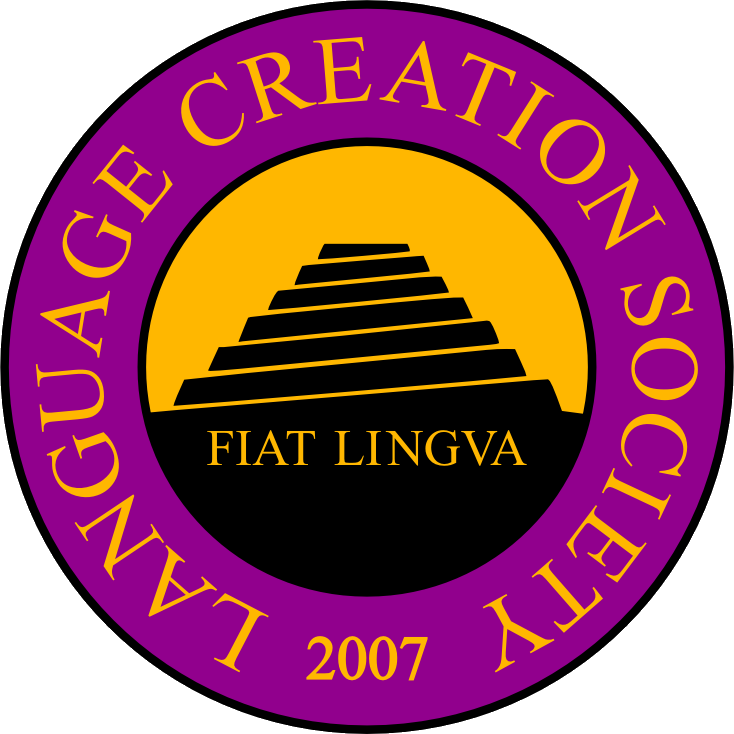Text
Ja jesm zaměšany. Kògda ja spjų, ja tvorjų najbolje ćudesne věći, kake mogų sobě vòobražati. A kògda ja načinajų sniti, mně izdavaje sę, že mogų izpòlniti vse svoje želanja.
Sejčas na žalosť jesm blųdil i ne dosęgnųl konca svojej drågi, ibo ja běh na råvnině, gde vsjako označenje města jest nepraviľno.
Nu, ale v sej hvilji jest deń, zatom bdžų i hodžų po istinnom světě. Kako ja htěl byh usnųti nanovo, imajųći nadějų, že uspějų zakončiti svojų drågų!
English Translation
Grammar and Vocabulary
Interslavic (Medžuslovjanski) is an auxlang, intended to serve as a communication tool between Slavs of different nationalities. It is, however, not what you would expect from a typical auxlang: it’s not about being simple, easy to learn, culturally neutral and all that, it’s merely about being understandable to speakers of any Slavic language without any prior study. Grammar follows typically Slavic patterns, words and word roots are selected from vocabulary that occurs in as many Slavic languages as possible.
The phonology is rather inclusive, but that doesn’t really matter here. The diacritics in the text convey etymological information. They are meant to give a closer approximation to the best pronunciation and to make it easier for speakers to link the written characters in question to specific sounds or letters in their own languages. Most of them can safely be neglected or omitted.
As for grammar, here are some basics:
- There are three genders: masculine, feminine and neuter. There are six cases: nominative, genitive, dative, accusative, instrumental and locative (the latter actually being more like a prepositional). There’s singular and there’s plural. There are several noun declension types, but I’ll save you the paradigms and just give you the endings instead (see below). Interslavic has no articles.
- Adjectives, possessive pronouns and the like match the noun in gender, number and case.
- Verbs are inflected for person, number and tense/mood. Each verb has two stems: a present-tense stem (in this text used for the present tense and the present active participle) and an infinitive stem (used among others for the infinitive and the perfect tense). The infinitive stem is obtained by cutting off the infinitive ending -ti. The present-tense stem is identical to the infinitive stem or derived from it regularly, mostly by adding -j-. When it differs, it is given separately in the glossary.
- The perfect tense is formed by using the so-called L-participle in combination with the present tense of the verb byti “to be”.
- The conditional is formed by combining the L-participle with the conditional of byti.
- Interslavic has only one irregular verb: byti “to be”. Forms you will encounter are: jesm (1 sg., present), jest (3 sg., present), běh (1 sg., imperfect), byh (1 sg., conditional).
A few notes on syntax:
- Word order is free, but the most basic and most neutral word order is SVO. Determiners usually come before the noun they modify, although that is not a hard rule. In fact, rules are rarely hard in Interslavic.
- Pro-drop is allowed, but not obligatory.
- Verbal aspect is very important in Interslavic. Most verbs exist in two forms: imperfective (continuous, incomplete, present, iterative, habitual, etc.) and perfective (completed, non-progressive, semelfactive, etc.). The difference is lexical and therefore marked in the glossary (as “vi.” and “vp.”). When a perfective verb is used in the present tense, it has the meaning of a future tense.
- In a subordinate clause, the tense refers to the “moment” of the verb in the main clause — unlike in English, Slavs say: “He said (yesterday) that he wants coffee (also yesterday)”.
- The object of a negation is in the genitive.
In this text, you will encounter the following endings:
Nouns:
-a: m./n. gen.sg.; n. nom./acc.pl
-e: n. nom./acc.sg.
-ě: m./f. loc.sg.
-i: f. gen.sg.; f. loc.sg.; f. nom./acc.pl
-ų: f. acc.sg.
Adjectives etc.:
-e: m./n./f. nom./acc.pl.
-ej: f. gen./loc.sg.
-i: m. nom.sg.
-o: n. nom./acc.sg.
-om: m./n. loc.sg.
-ų: f. acc.sg.
Verbs:
-e: 3 sg., present tense
-h: 1 sg., imperfect tense/conditional
-l: L-participle, m.sg.
-ti: infinitive
-ų: 1 sg., present tense
-ųći: present active participle
If anything is unclear, you can always ask me of check here: http://steen.free.fr/interslavic.
GLOSSARY
a (conj.) and, but
ale (conj.) but
bděti / bdi- (vi.) be awake
blųditi (vi.) roam, wander, err
byti (vi.) be
ćudesny (adj.) miraculous
deń (m.) day
dosęgnųti (vp.) achieve, attain, reach
dråga (f.) road, way
gde (adv.) where
hoditi (vi.) go, walk (without a concrete direction)
htěti / hoć- (vi.) want
hvilja (f.) moment, instant, while
i (conj.) and
ibo (conj.) because, since
iměti / imaj- (vi.) have, possess; must, have to
istinny (adj.) real, true
izdavati sę (vi.) seem, appear
izpòlniti (vp.) carry out, complete, execute, fulfill
ja (pron.pers.) I
kaki (adj.) which, what kind of
kako (adv.) how
konec (m.) end
kògda (adv.) when
město (n.) place, location
mně: dative of ja
mogti (vi.) can, may, be able
na (prep.) (+ acc.) onto, unto; (+ loc.) at, on, upon
na žalosť (adv.) unfortunately, sadly
načinati (vi.) begin
naděja (f.) hope
najbolje (adv.) most
nanovo (adv.) again, over, anew, over again
ne (adv.) not
nepraviľny (adj.) incorrect, wrong
nu (intj.) well
označenje (n.) implication, marking
po (prep.) (+ loc.) after, along, in the manner of, across
råvnina (f.) plain
sej (pron.dem.) this
sejčas (adv.) now
sę (pron.refl.) oneself, myself, yourself etc.
sniti (vi.) dream
sobě (pron.refl.) oneself, myself, yourself etc. (dative)
spati / spi- (vi.) sleep
svět (m.) world, Earth
svoj (pron.poss.) one’s own, my own, your own etc.
tvoriti (vi.) create, form
usnųti (vp.) fall asleep
uspěti (vp.) manage, succeed
v (prep.) (+ loc.) in, within
věć (f.) thing, matter
vòobražati (vi.) imagine
vse (pron.def.) all
vsjaki (adj.) each, every, all kinds of
zakončiti (vp.) end, finish, complete, conclude
zalosť (f.) pity
zaměšany (adj.) confused, mixed-up
zatom (adv.) so, therefore, that’s why
že (conj.) that
želanje (n.) desire, wish
